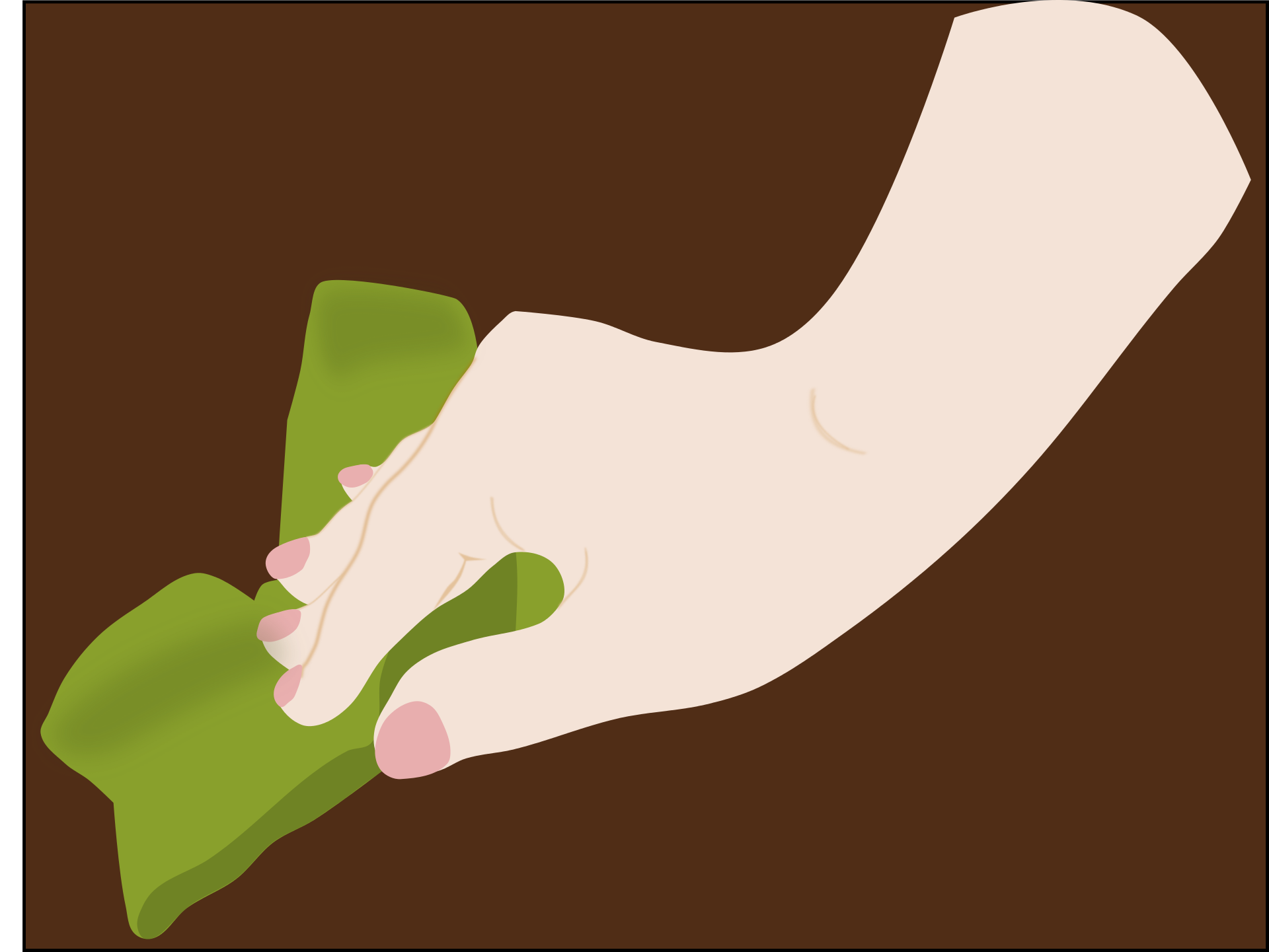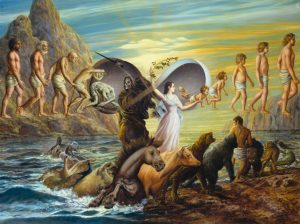 There is not just one world – there are millions upon millions of worlds – and within all these worlds the eternal
There is not just one world – there are millions upon millions of worlds – and within all these worlds the eternal spirit soul wanders through the various species of life. Sometimes he takes the form of a human, sometimes a tree, and sometimes a creeper or an animal. in the course of his wandering, if he is fortunate, he receives the association of pure devotees.
spirit soul wanders through the various species of life. Sometimes he takes the form of a human, sometimes a tree, and sometimes a creeper or an animal. in the course of his wandering, if he is fortunate, he receives the association of pure devotees.
What is that fortune? One becomes fortunate if he has performed any activities related to Kṛṣṇa and His associates, or related to anyone or anything connected with Kṛṣṇa; such as Tulasi-devī, His temples, or His land (Vṛndāvana-dhāma, Navadvīpa-dhāma or Purī-dhāma). Here is an example of how one becomes fortunate.
Once there was a Vaiṣṇava saint who used to go from door to door, begging for chapatis, rice, or any other foodstuff. He wandered throughout Vraja-maṇḍala, and as he was begging he constantly called out, “Hare Kṛṣṇa Hare Kṛṣṇa Kṛṣṇa Kṛṣṇa Hare Hare, Hare Rāma Hare Rāma Rāma Rāma Hare Hare,” or “Rādhe Śyāma, Rādhe Śyāma!” or “Rādhe Rādhe, Rādhe Rādhe!” He was simply absorbed in chanting, “Rādhe, Rādhe, Rādhe!”
One day he went to the door of an old lady who was in a very angry mood. She did not want to hear “Rādhe Rādhe” or “Hare Kṛṣṇa,” and in fact she rebuked him, saying, “Don’t come to my door in the future, otherwise I will break this stick on your back! Always remember this! Don’t come to my door!”
However, the Vaiṣṇava returned the next day at the same time, and just as before, he called out again and again, “Rādhe Śyāma!” “Rādhe, Rādhe!” and “Hare Kṛṣṇa Hare Kṛṣṇa Kṛṣṇa Kṛṣṇa Hare Hare, Hare Rāma Hare Rāma Rāma Rāma Hare Hare.”
That lady became furious and rebuked him again. He left, but he returned again on the third day. The lady thought, “He must be coming just because he wants to eat something!” At that time she was cleaning her room with cow-dung mixed with water. “You have come again?!” she said to the Vaiṣṇava. “Oh! Take this!!” She took the moldy, worn and torn cloth full of the cow-dung and water, and threw it at him.
He gladly took the cloth and went to the Yamunā River, where he washed off the clay and rinsed it until it became soft, clean, and smooth. Then, he dried it, tore it into small pieces, dipped the pieces into the ghee that someone else had donated him, and used the small ghee-wicks to offer ārati (ceremony of worship) to his Deity.
else had donated him, and used the small ghee-wicks to offer ārati (ceremony of worship) to his Deity.
On the fourth day the Vaiṣṇava again went to that lady’s house, and called out loudly, “Hare Kṛṣṇa Hare Kṛṣṇa Kṛṣṇa Kṛṣṇa Hare Hare, Hare Rāma Hare Rāma Rāma Rāma Hare Hare.” That day, the lady’s mood had completely changed. “O Bābā,” (respectable sādhu) she said, “Wait a minute, I am coming.” She gave him some chapatis, which he accepted very gladly.
This is an example of sukṛti*. She gave something to that saint, he used it in the service of Kṛṣṇa, and she received sukṛti.
*A spiritual pious activity, performed knowingly or unknowingly, which creates spiritual impressions on the heart of the performer and gradually qualifies him to enter the path of bhakti.
—Śrīla Bhaktivedānta Nārāyaṇa Mahārāja
Image/Art made possible by Pixabay.com & Bhaktiart.net








